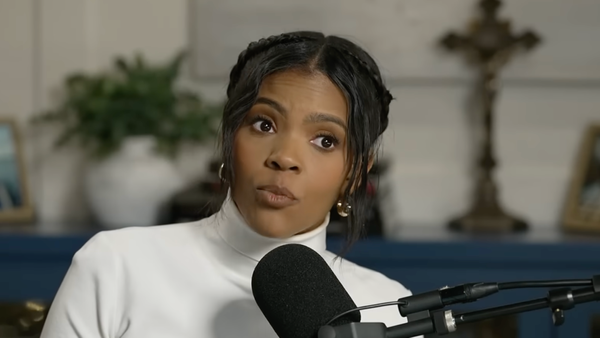The Madras High Court on Friday set aside an order passed by the Coimbatore city police on Thursday denying permission for Prime Minister Narendra Modi’s four-kilometre roadshow through the Mettupalayam Road on March 18.
Justice N. Anand Venkatesh said an event organised for political leaders to meet the people would certainly cause some hindrance to the free movement of road traffic, but that by itself could not be cited as a reason to deny permission for such an event.
“The police will have to find alternative routes to ensure smooth movement of the general public and vehicles. Ultimately, these leaders have been chosen by the people and hence, they should not be stopped from meeting the people who elected them,” he wrote.
The observations were made while allowing a writ petition moved by the Bharatiya Janata Party’s Coimbatore district (urban) president, J. Ramesh Kumar, against the rejection order passed the Assistant Commissioner of Police, R.S. Puram Range, on Thursday.
The judge had permitted the petitioner’s counsel R.C. Paul Kanagaraj to move a lunch motion for an urgent hearing of the writ petition on the same day of its filing. He heard the matter in the afternoon and passed orders by evening.
Justice Venkatesh said the police had cited three major reasons for rejecting permission but none of them was acceptable to the court. He also refused to accept the claim of the Assistant Commissioner that no one had ever been granted permission for a roadshow.
The idea behind Prime Minister’s roadshow was to meet the maximum number of people within a short time. “Hence, the hindrance to the general public due to the visit of the Hon’ble Prime Minister is unavoidable and that cannot be raised as a ground to deny permission,” the judge said.
He went on to state that the conduct of public examinations for schoolchildren on March 18 could also not be cited as a reason to reject permission since the roadshow had been planned only after 5 p.m. in an arterial road which might not cause any disturbance to students studying for the examination.
The third reason that the proposed route was communally sensitive also did not cut ice with the judge, who stated that the security arrangements for the Prime Minister would be taken care of by the Special Protection Group in coordination with the State police.
After setting aside the Assistant Commissioner’s rejection order, the judge directed the police officer to grant permission by imposing reasonable conditions such as determining the route and the distance to be covered during the roadshow and banning the erection of flex boards on the route.
Making it clear that the writ petitioner should comply with the conditions, the judge said: “All concerned shall ensure that the roadshow takes place in a smooth manner without giving rise to any law and order problem or cause any concerns to the safety and security of the Hon’ble Prime Minister of India.”







